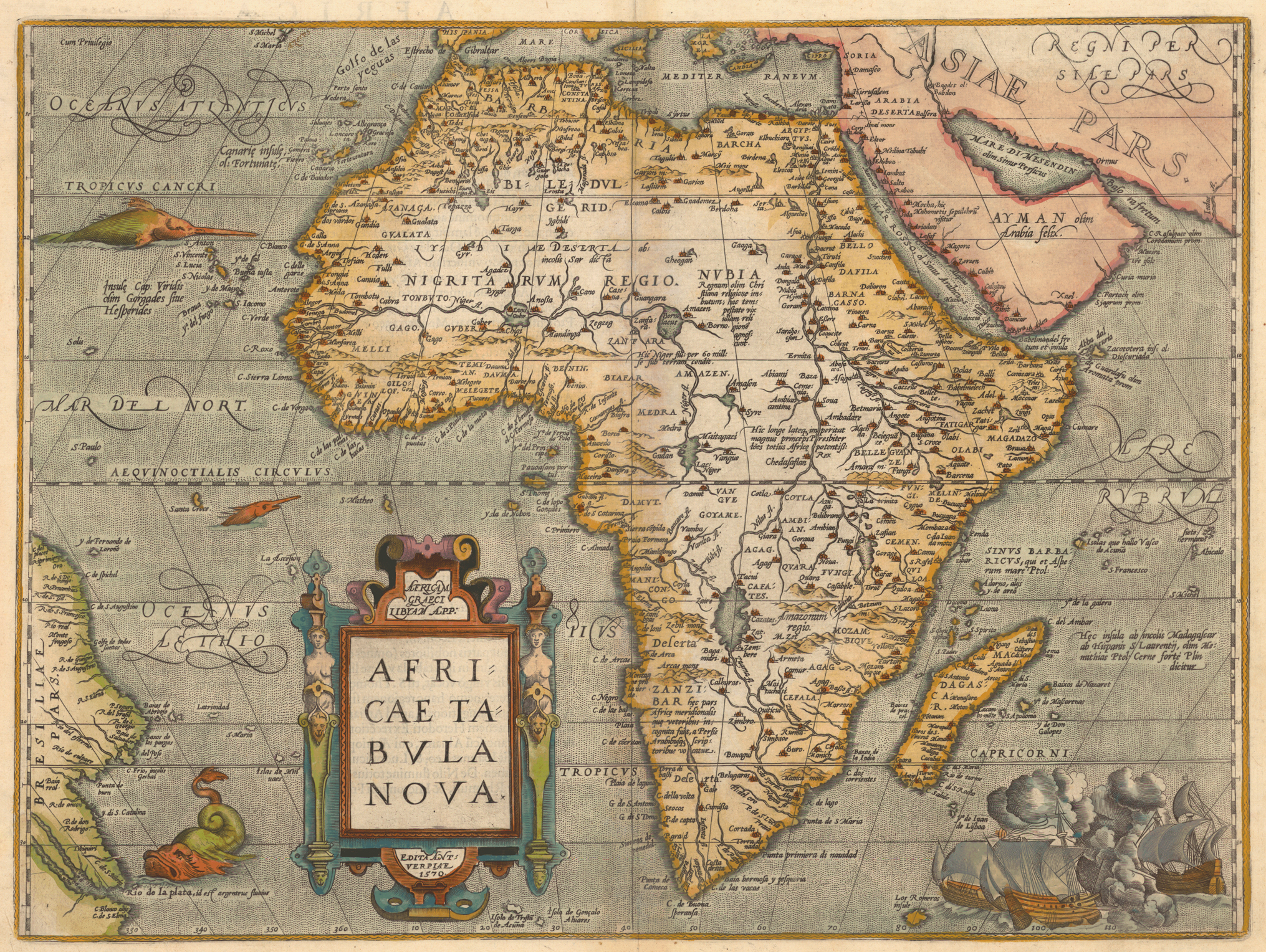In ancient Bantu kingdoms Kings were mighty men of valour, warriors who had fought to defend their homeland. It was the warriors who ruled their kingdoms. A leader in many Bantu kingdoms had to be warrior who had a record of accomplishments who could then be trusted to lead other warriors known as ‘mabutho’, ‘masole’ ‘masocha; ‘shujaa’. The King had to demonstrate that he was worthy of the honor to rule by defending his family and his kingdom. The idea of a leader being just an orator with no achievement is a foreign concept and very un-African.They were known as ‘amabutho’.
The Bantu had no respect and honor to those who had not displayed discipline, virtue and excellence. The belief was that if a man lacked self control and was impulsive he could endanger his whole clan and was unworthy of the title of leader. It was believed by the Bantu that soldiers who lacked discipline were also likely to be the first to be killed in battle and proved to be a liability in the heat of battle.
Military conquests gave prestige to the Kings whose armies subdued other nations. A strong military always meant the growth and expansion of any territory. Territories that had weaker armies had to pay tribute to the strong army that invaded their land. This was evident in the Bini, Yoruba and Kanuri in Nigeria during pre-colonial times.
The military has always been the back bone of all Bantu kingdoms and chieftainships. Tshaka the Great, the Zulu warrior is one of the best known historical figures on the continent and around the world because he was a strategic military genius. A strong military was always a deterrent to external invasion then as it is today. The colonialists could not even set foot across the continent during his reign due to fear of being crushed by Tshaka’s military might.
Marriages. Military alliances could be cemented by marriages. It was not uncommon for Kings to forge alliances by giving their daughters in marriage to rival kings. Marriages were also used to merge coalitions and stop the possibility of war or to fight against other family members. It was believed that family wouldn’t fight family.




